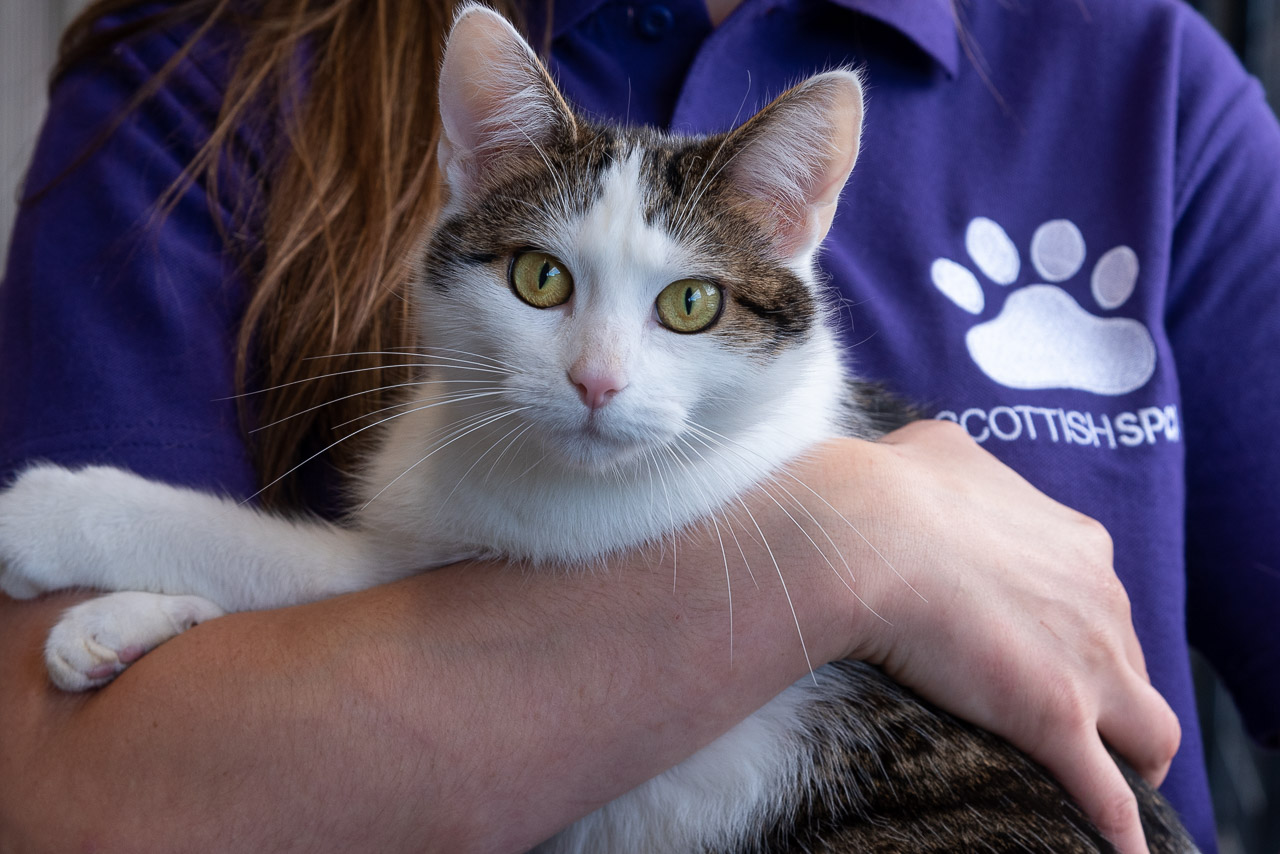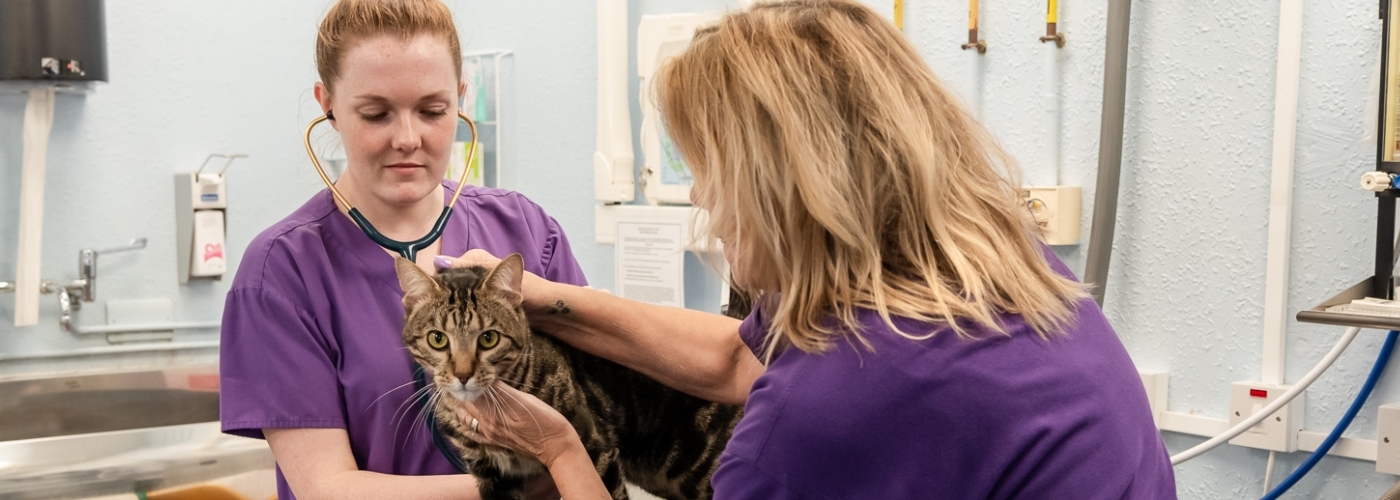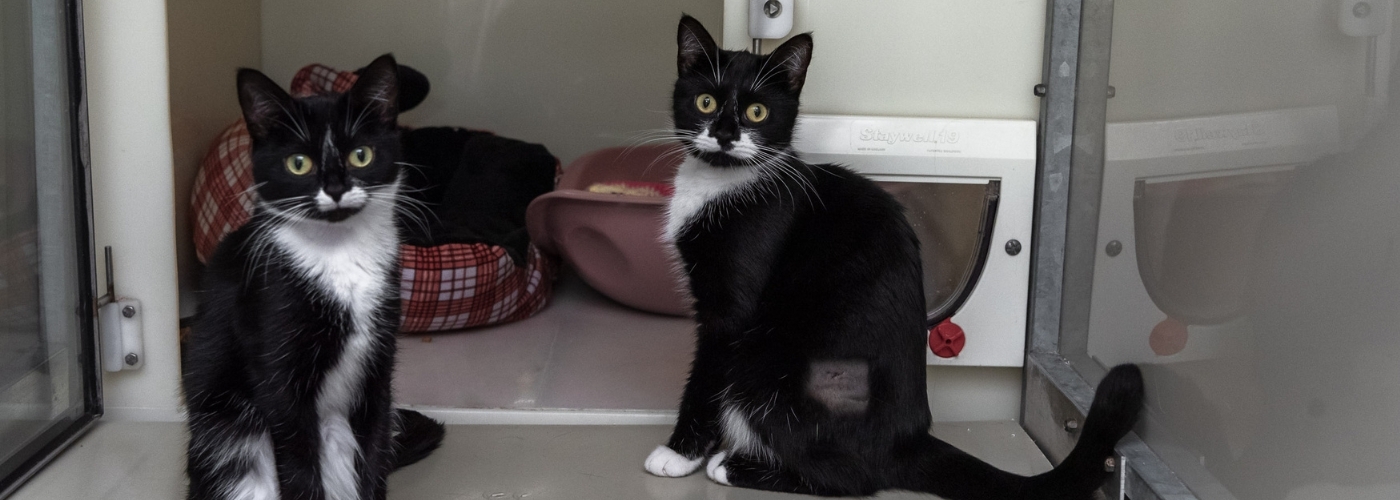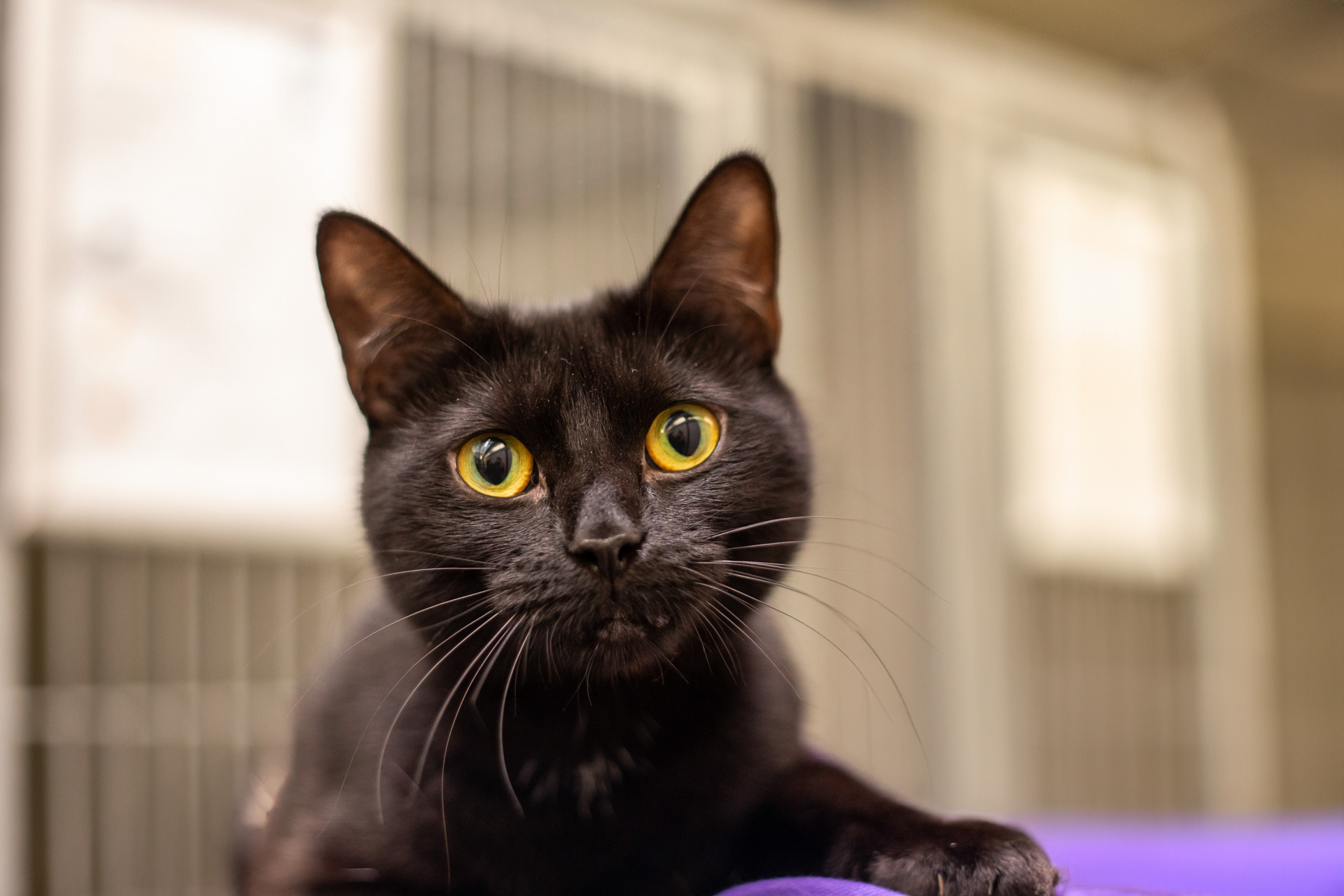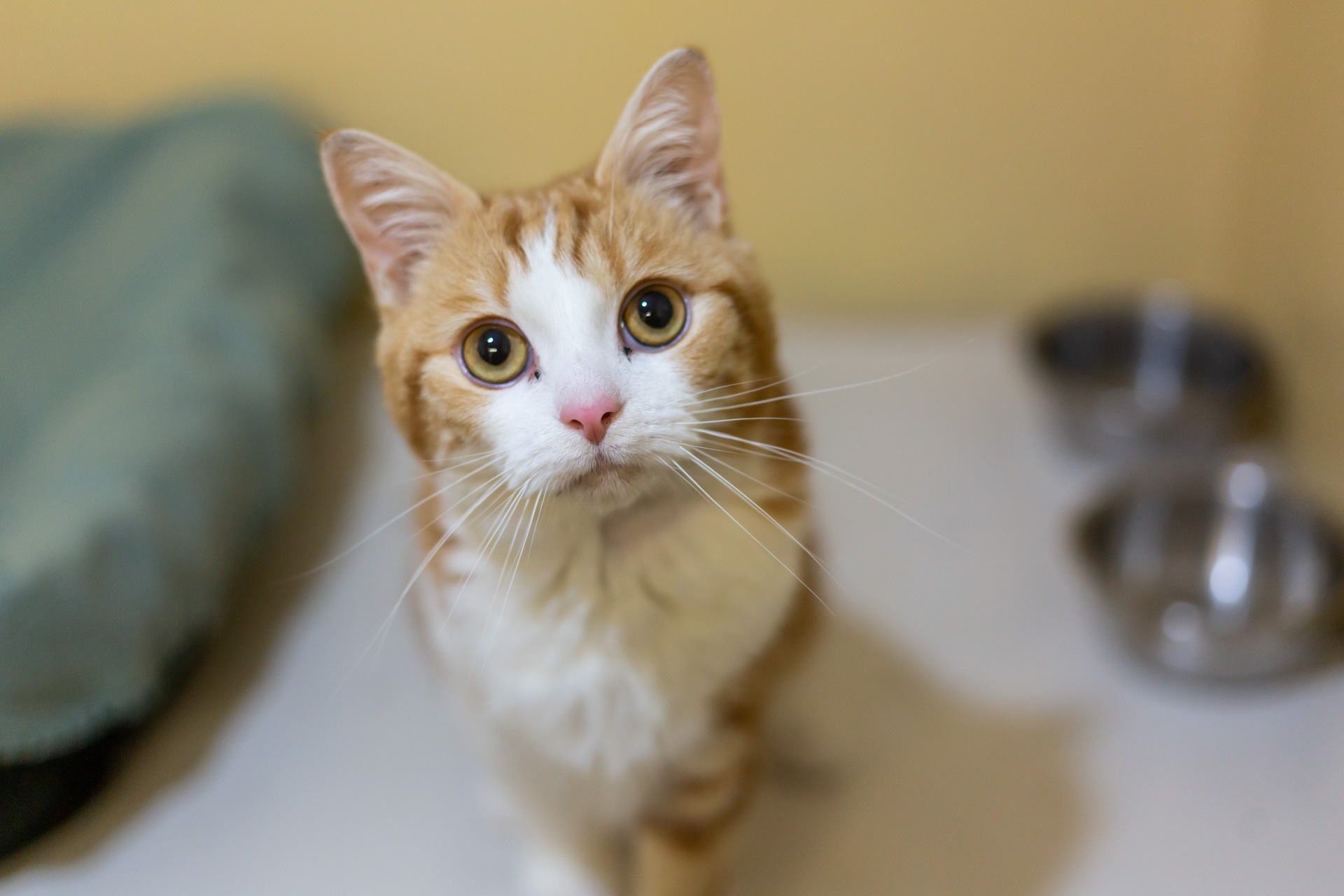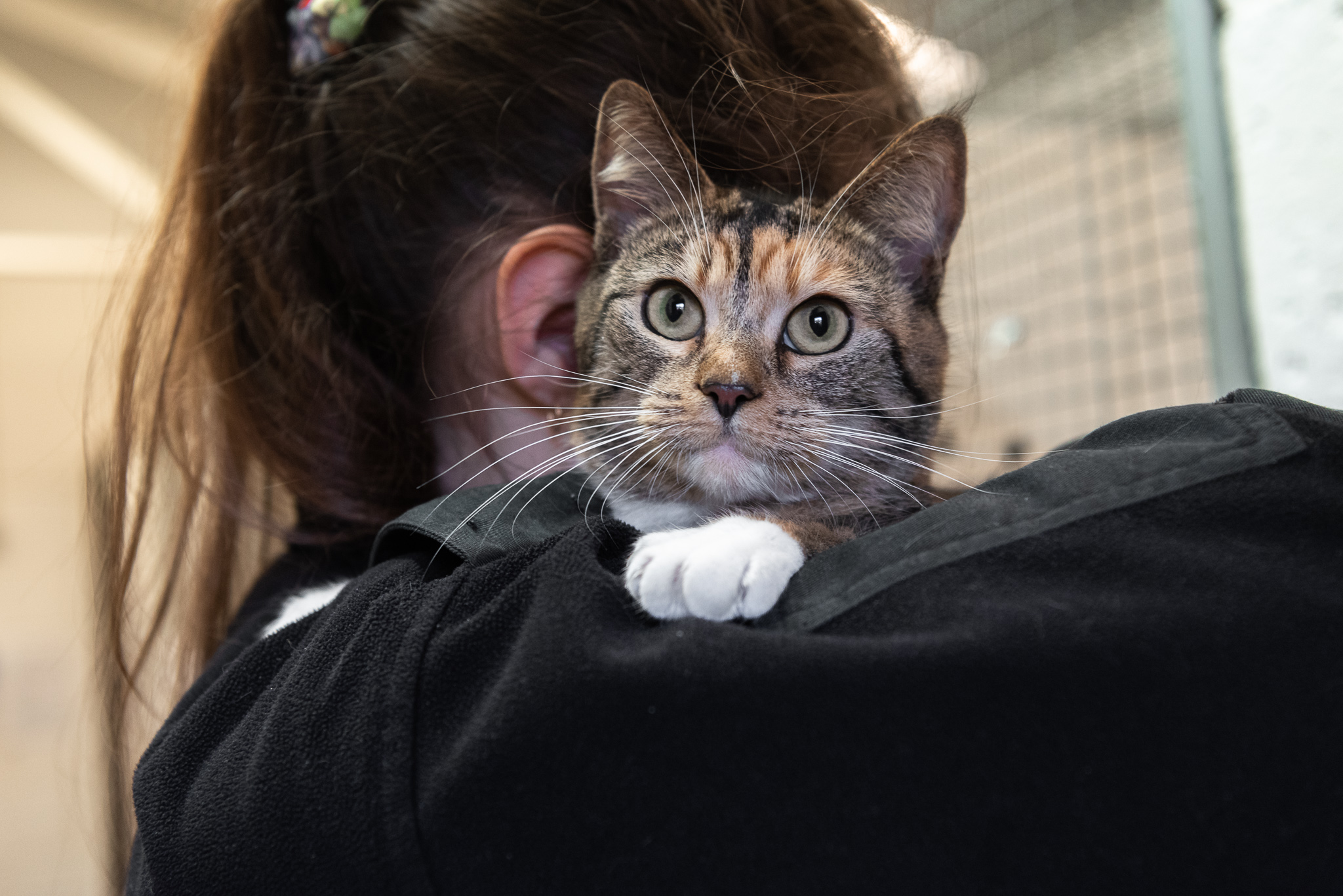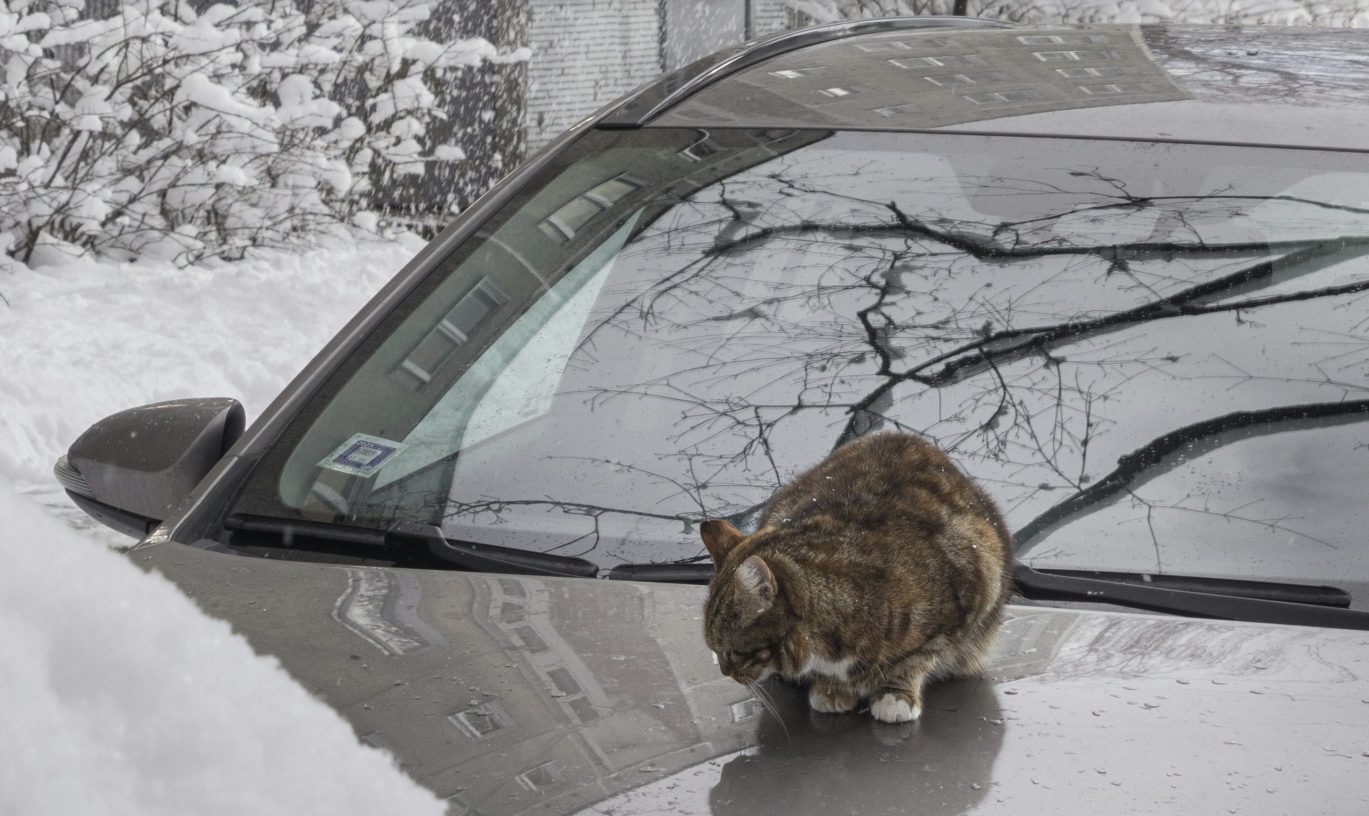
Antifreeze Poisoning in Cats
Symptoms, dangers and how to keep cats safe.
As the colder months set in, our pets are still exploring every nook and cranny – sometimes where they shouldn’t. Many owners don’t realise that antifreeze, while essential for keeping cars running smoothly, can be highly toxic to cats. Even small spills on driveways, roads, or in garages can put curious felines at risk. The good news is that anti-freeze poisoning is avoidable.
Why antifreeze is toxic to cats
Most antifreeze contains ethylene glycol, a chemical that tastes sweet, which makes it tempting to cats and even children.
Ingesting antifreeze can cause:
- Severe illness, such as kidney failure
- Death, sometimes within 24–72 hours
Cats can easily come into contact with antifreeze spills in garages, driveways, or gardens while exploring. If the liquid gets on their fur, there is a risk that they might ingest it when they groom themselves.
How much antifreeze is toxic to cats?
Whilst there are many factors to consider, including weight and strength of the antifreeze, the answer is very little antifreeze can be toxic to cats.
Consider any suspected antifreeze ingestion as an emergency and don’t wait for symptoms, early treatment greatly improves the chance of survival.
Signs of antifreeze poisoning in cats
Early symptoms of antifreeze poisoning include:
- Vomiting or nausea
- Lethargy or unusual weakness
- Difficulty walking or breathing
- Excessive thirst or urination
- Seizures
What to do if your cat drinks antifreeze
- If you suspect a cat has ingested antifreeze, seek veterinary help immediately.
- Do not wait for symptoms to worsen, early intervention can save lives.
How to keep cats safe from antifreeze
Follow these simple steps to reduce the risk:
- Store antifreeze securely: Keep all containers in sealed cabinets, out of reach of cats (and children!)
- Clean up spills immediately: Even tiny drips on driveways or garage floors can be deadly if licked.
- Switch to pet-safe alternatives: Some antifreeze products use propylene glycol, which is far less toxic to cats, and some have an added bitterant to make it less appealing.
- Dispose of old antifreeze responsibly: Take used antifreeze to a recycling centre and never pour it on the ground or down drains and don’t re-use the container.
- Monitor gardens and driveways: Check for leaks or puddles that could easily be ingested by cats visiting your garden.
Antifreeze poisoning in cats is preventable but deadly if ignored. Recognising possible ingestion gives you the best chance to act quickly. Immediate veterinary care is critical, and even a short delay can mean the difference between recovery and tragedy.
By storing antifreeze securely, cleaning up spills immediately, and choosing pet-safe alternatives, you can dramatically reduce the risk. Staying vigilant during colder months helps protect your cat and other cats from one of winter’s most dangerous hidden threats, keeping them safe and healthy.
We hope you found this article useful
Every £1 we raise helps us continue our vital work for animal welfare in Scotland.
Your donation matters
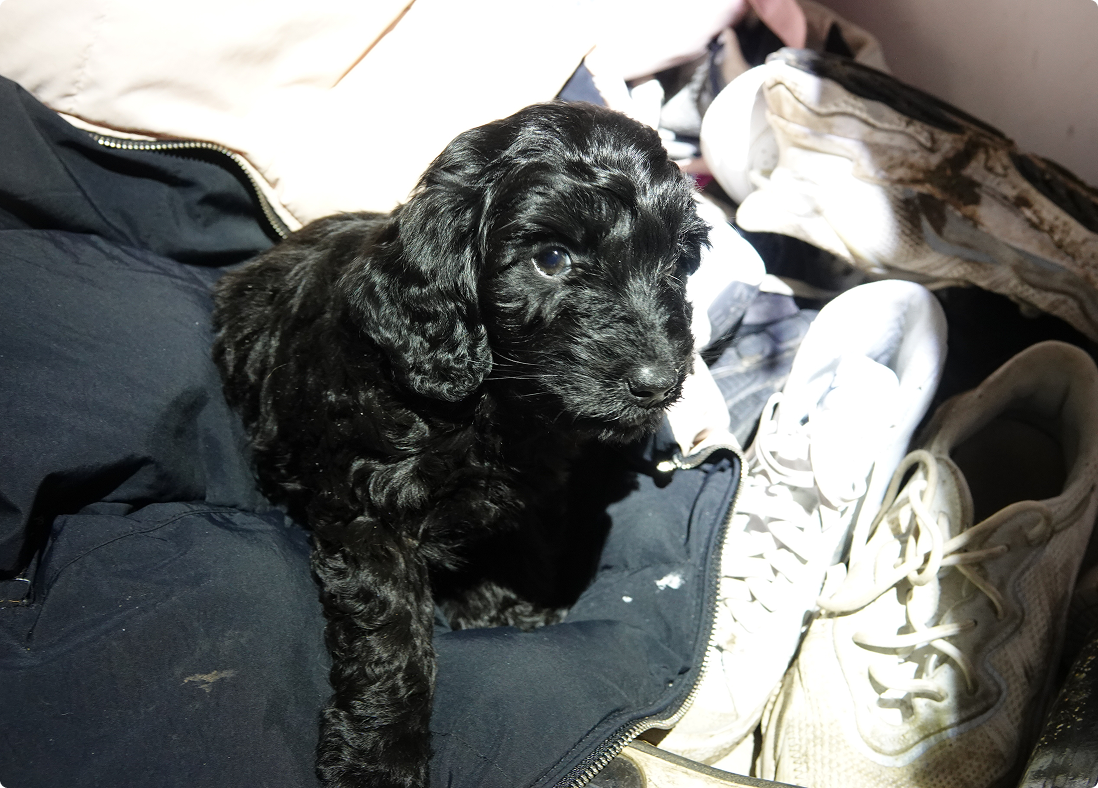
Puppies across Scotland need your help
Please consider giving a monthly donation today. Give Scotland’s animals the gift of safety this winter and beyond. The criminals involved in the low-welfare puppy trade never stop. And with your help, neither will we. Every £1 matters to puppies like Winnie.
